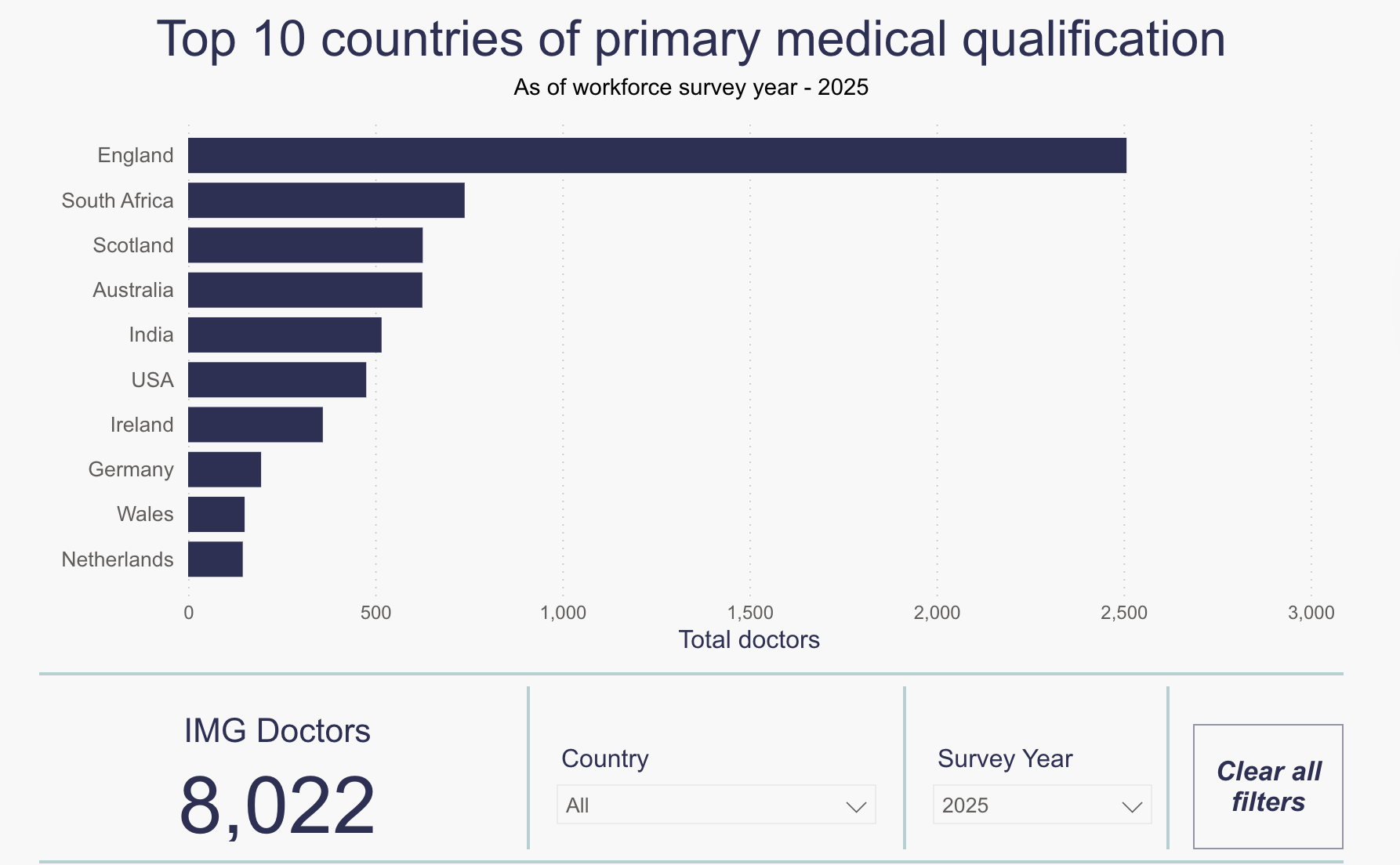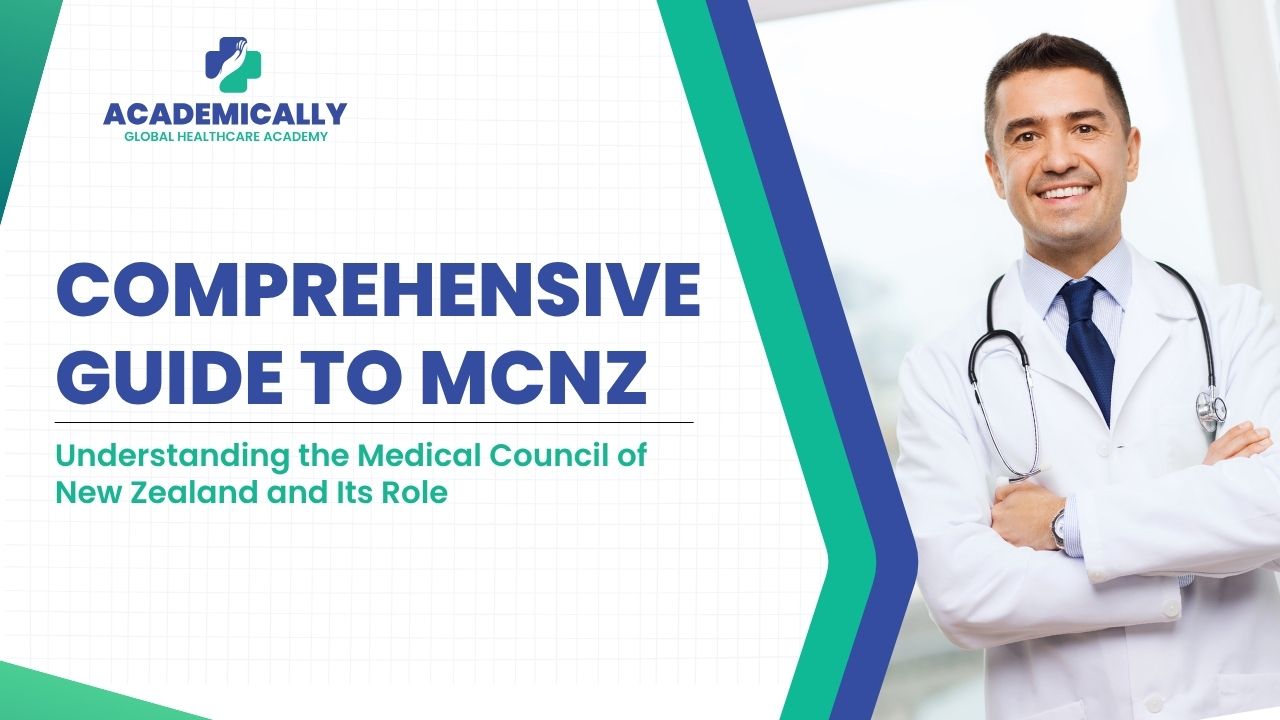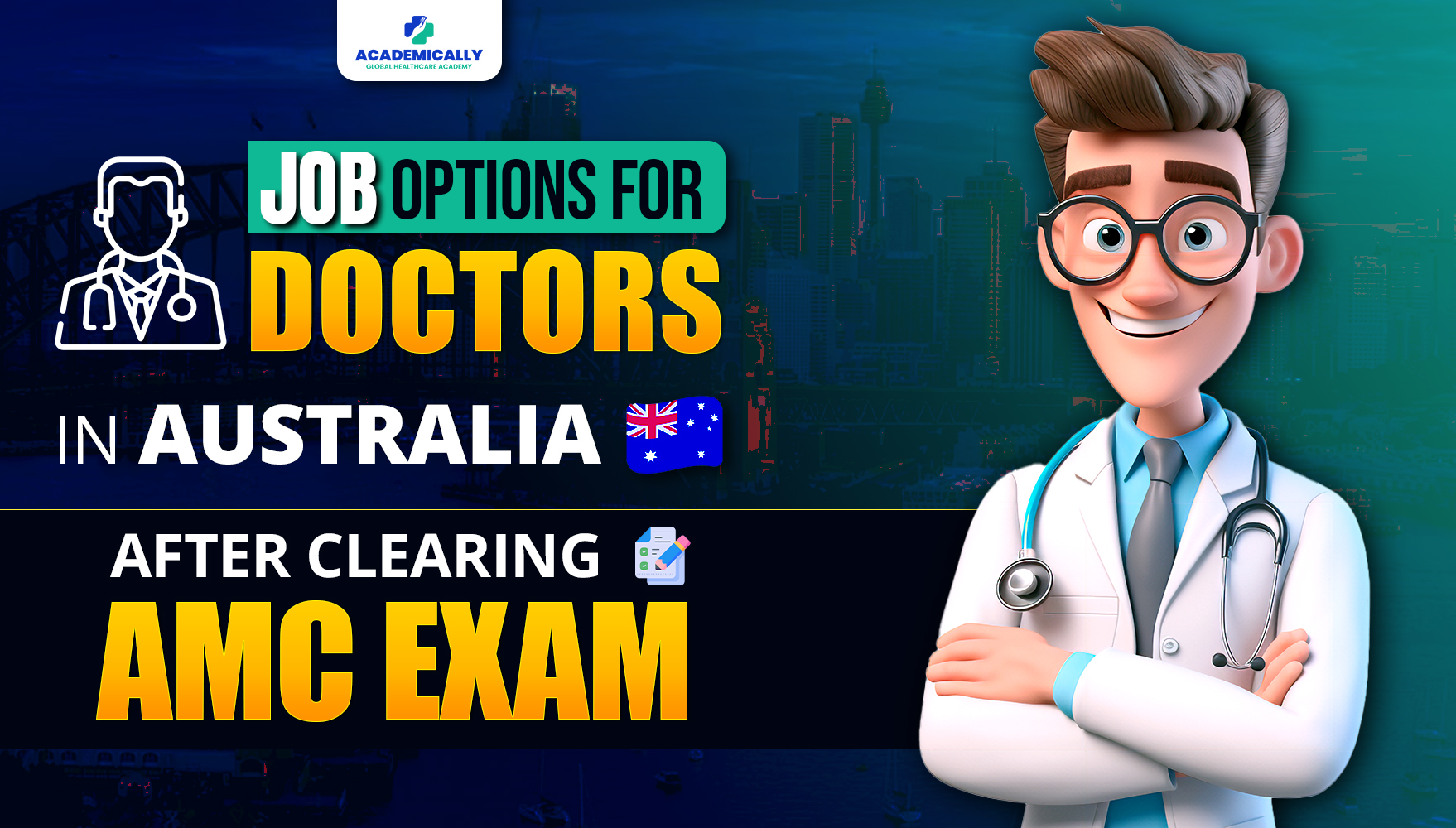What Is MCNZ?
New Zealand is home to more than 8000 foreign doctors from over 100 countries. But how does the country manage to regulate such a diverse group? Here is where the MCNZ comes into play.
MCNZ is responsible for several activities:
- Doctor registration
- Standards of practice
- Scopes of registration
- Education accreditation
- Disciplinary processes
In the mid-19th century, it became mandatory for medical practitioners to register with a medical board. Thus, the first blueprint for the MCNZ was created. Since then, it has evolved from provincial medical boards into the national regulator it is today. From the beginning, the Council’s mission has remained consistent: to ensure that doctors are
- Competent
- Ethical
- Fit to practice medicine

MCNZ’s Core Functions
1. Registration & Maintaining the Medical Register
MCNZ maintains an up-to-date register of all licensed doctors in New Zealand. Only registered doctors with a valid practising certificate can work here.
2. Setting Standards & Good Medical Practice
MCNZ defines benchmarks for clinical, cultural, and ethical competence. These standards are defined in the Good Medical Practice document. It serves as the basis for performance assessments and complaint investigations.
3. Certification & Continuing Competence
Doctors must hold a current practising certificate. It is reissued annually after meeting ongoing recertification and professional development requirements.
4. Accreditation of Medical Training & Education
MCNZ is tasked with accrediting:
- Medical schools
- Internship placements
- Vocational training programs, and
- Continuing professional development
This ensures consistent quality across the healthcare workforce.
5. Fitness to Practise & Disciplinary Oversight
Registration Pathways & Scopes of Practice
MCNZ regulates multiple registration pathways or scopes of practice. Each one is tailored to the applicant’s qualifications and intended role.
General and Provisional General Scopes
- For newly graduated doctors entering internship (PGY1/PGY2), MCNZ offers provisional general registration.
- This is followed by a full General scope upon completion of the required supervised practice.
Vocational & Provisional Vocational Scopes
- Specialists gain Vocational scope registration. First, their qualifications, experience, and training are assessed for equivalency to NZ standards.
- International medical graduates (IMGs) follow a Provisional Vocational pathway.
- This involves practice under supervision and final assessment by specialist medical colleges.
Special Purpose Scope
- For short-term work, the Special Purpose scope is needed. This permits temporary registration with conditions and a limited duration. This is mainly for:
- Locums under 12 months
- Teaching
- Research
Eligibility Criteria & English Proficiency
- Primary Medical degree: From a WDOMS-listed university.
- Fitness for Registration. This includes assessments of health, conduct, and professional competence.
- English proficiency is mandatory. MCNZ requires:
- IELTS (min. 7.5 speaking/listening, 7.0 reading/writing) or
- OET Medical Module (min. grade B)
Scope & Practice Framework
MCNZ defines specific Scopes of Practice. Each one prescribes what a doctor is permitted to do. This can include:
- Prescribing medications
- Diagnosing, or
- Performing surgery
Each scope is tied to academic qualifications or approved specialist credentials.
Registration Process Step-by-Step
- Self-Assessment: Use MCNZ’s tool to assess eligibility and the appropriate registration pathway.
- Primary Source Verification: Ensure all your documents are verified through the EPIC. Once you apply for the PVS, select MCNZ to receive the reports. Some pathways (e.g., UK/Austria grads) may have streamlined routes.
- English Language Demonstration: Via tests or recognized experience.
- Fitness Declaration: Include health declarations and referee reports.
- Form Submission and Fee Payment: Complete and submit the required forms, documentation, and fees.
- Registration Meeting: All IMGs need to attend the registration meeting.
- Internship or Supervised Practice: Required for General or vocational registration.
- Vocational Assessment: Specialty-specific evaluation by NZ colleges.
- Practising Certificate Issuance: If you’re found suitable, you will get registered. With this, you’ll also receive your practicing certificate. Annual renewal is tied to continuing competence.
- Professional Development: Ongoing CPD in a formal framework post-registration.
The NZREX Clinical Registration Exam
Many IMGs need to sit for the NZREX Clinical exam. This is the registration exam for the MCNZ.
To be eligible for this exam, you need to meet a few requirements:
- Complete Self-assessment
- Demonstrate English Language Proficiency
- Have passed any of the following exams within the last 5 years:
- PLAB Part 1
- AMC MCQ
- MCCQE Part 1
- USMLE Step 1 and 2
- Do NOT hold a Special Purpose scope
Before you apply, you also need to secure a job offer as a postgraduate year 1 (PGY1) at an accredited training provider.
Insights on Competency & Public Protection
MCNZ’s Good Medical Practice outlines expectations not only for clinical skills but also for cultural competence. Special emphasis is made on respectful care for Māori and Pacific peoples. It guides
- Ethical practice
- Patient-centred communication, and
- Safeguarding patient rights
These are referenced by MCNZ, the Health and Disability Commissioner, and disciplinary bodies.
Recent policy changes were introduced in October 2024. This included an expedited provisional vocational registration pathway for IMGs with postgraduate qualifications. The qualification has to be recognized as equivalent to the NZ standard. This move will shorten processing timelines while maintaining standards.
Disciplinary Oversight & Accountability
MCNZ investigates complaints and fitness concerns. More serious cases are escalated to the Health Practitioners Disciplinary Tribunal. This ensures public trust in medical practice.
A notable case was the Cartwright Inquiry of 1988. This led to MCNZ disciplining senior doctors for failures in patient treatment. The case shaped policy and the establishment of the Health and Disability Commissioner rights code in 1994.
Why MCNZ Matters
- Ensures only competent and ethical doctors are allowed to practise.
- Provides transparent pathways to registration for domestic and international graduates.
- Upholds public safety through education oversight and disciplinary mechanisms.
- Promotes continuous competence and cultural safety under Good Medical Practice standards.
- Supports public confidence in New Zealand’s healthcare system.
MCNZ- Your Gateway to New Zealand
The Medical Council of New Zealand (MCNZ) is the heart of medical regulation in Aotearoa. It acts as the gatekeeper of public safety and medical standards. It ensures that all doctors meet stringent criteria for professional practice. The MCNZ maintains the integrity of healthcare services and public confidence through:
- Structured registration pathways
- Robust scrutiny, and
- Continuous professional development
For international medical graduates, MCNZ offers clearly defined routes. This includes the:
- NZREX Clinical,
- Comparable Health, and
- Vocational pathways
A fulfilling medical career in New Zealand awaits you. Understanding MCNZ’s frameworks and requirements is the first step toward successful registration and meaningful contribution to Kiwi healthcare.
If you are overwhelmed by the registration process, Academically is here to guide you. With our experts and experience of 12+ years, we have the solution to all your problems.
Connect with us and explore your options in New Zealand and beyond.






